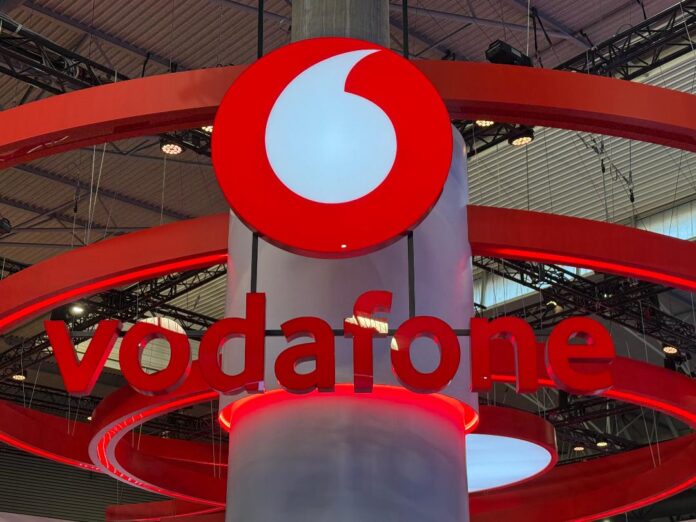Vodafone said the test was conducted in Hannover, Germany, using MediaTek’s M90 modem operating over a 200MHz channel
In sum – what to know:
Record speeds – Tests in Germany reached 2.5 Gbps over 200 MHz, doubling throughput versus 100MHz without added energy use.
Efficiency boost and lower cost – Using wider channels could cut capacity costs by 40%, easing pressure from surging AI and data-intensive apps.
Looming spectrum decision – The EU’s ruling on 6 GHz allocation will determine whether Europe leads or lags in 6G and high-performance connectivity.
Vodafone has completed what it claims to be the world’s first live network test using 6 GHz spectrum on a commercially available smartphone chipset, the carrier said in a release.
Conducted in Hannover, Germany, the trial used MediaTek’s M90 modem operating over a 200MHz channel, achieving record download speeds of 2.5 Gbps through 5G carrier aggregation.
Vodafone noted that the test demonstrated how larger 6 GHz bandwidth can double mobile data throughput without increasing energy consumption.
Vodafone’s engineers also recorded uplink speeds of up to 180 Mbps in public indoor environments — a key benchmark for next-generation AI-driven applications such as smart glasses, autonomous vehicles, and real-time sensors.
The operator estimates that 200MHz channels could improve capacity costs by over 40% compared to 100MHz channels, offering a path to more efficient spectrum use amid growing network demand.
“The latest test of 6 GHz using a 200 MHz channel comes at a time when Europe is positioning itself for the digital future. Evolving global standards for 6G, led by industry body 3GPP, are targeting improved spectrum and energy efficiency, as well as the introduction of new software features from 2030 over channels of at least 200MHz,” the telco said.
“A recent letter from 12 leading European mobile operators, including Vodafone, highlights full availability of the upper 6 GHz band is critically needed to allow 200MHz deployments for evolving 5G and launching 6G, while addressing future network congestion. The Radio Spectrum Policy Group, which advises the European Commission, will soon issue its final opinion on the long-term use of this band, a decision that could shape Europe’s digital transformation,” it added.

